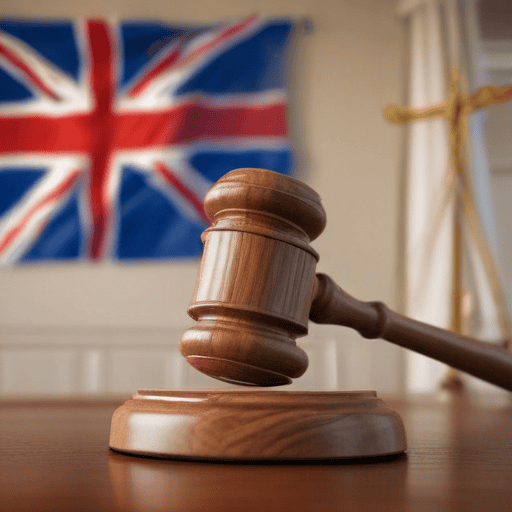The recent controversy concerning the extended leave imposed on Fiji Corrections Service Commissioner Jalesi Nakarawa by Justice Minister Siromi Turaga has highlighted significant governance issues that may impact public confidence and the rule of law. Minister Turaga’s reference to Section 22(1) of the Corrections Act to defend his actions reveals a serious misunderstanding of legal frameworks governing the Constitutional Office.
As noted by Mr. Nakarawa, this specific section grants the minister the authority to form an inquiry committee, rather than to unilaterally place a Constitutional Office holder on leave. According to Section 130(4) of the 2013 Constitution, such actions should be executed by the Constitutional Offices Commission (COC) with the involvement of the President. This misstep not only raises questions about the minister’s legal grasp but also poses a constitutional crisis.
Former Attorney-General Aiyaz Sayed-Khaiyum aptly described this situation as a “constitutional debacle,” pointing to the minister’s actions as an encroachment on the established COC processes and an overreach of presidential authority. Mr. Nakarawa’s prompt return to his position, alongside his public repudiation of the minister’s directives, emphasizes the questionable legitimacy of the leave that was imposed.
Moreover, the lack of transparency regarding the allegations against Mr. Nakarawa raises serious concerns regarding procedural fairness and accountability in governance. This incident adds to a troubling trend of governance issues under the current coalition government, which has been marked by unresolved local election controversies and dubious leadership appointments.
Prime Minister Sitiveni Rabuka faces an urgent need to address the competence and actions of his cabinet members. Allowing ministers to neglect constitutional protocols not only damages the government’s credibility but also undermines trust in the justice system.
To foster a positive change, it is crucial that the government takes swift corrective action, ensuring that future ministerial decisions align with constitutional guidelines. By enhancing governance processes and promoting accountability, the government may restore public trust and demonstrate its commitment to upholding the law, paving the way for a more transparent and reliable administration.
In summary, this situation serves as a critical reminder of the importance of adhering to established legal frameworks in governance. As the government moves forward, embracing transparency and accountability may help it regain public confidence, ensuring better governance in the future.

Leave a comment